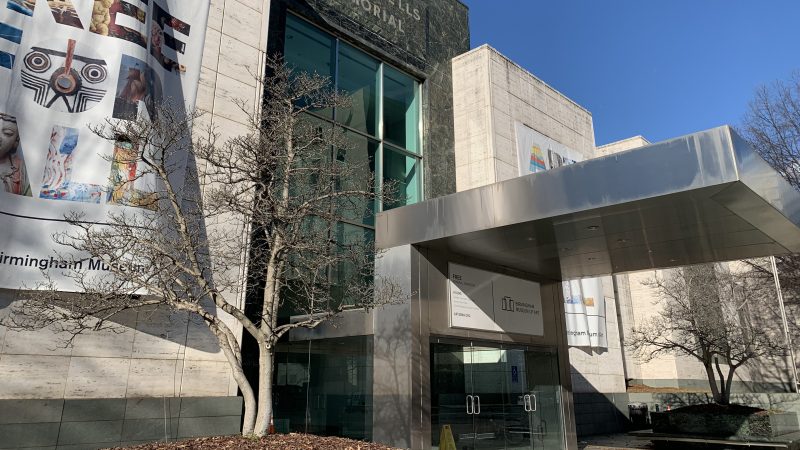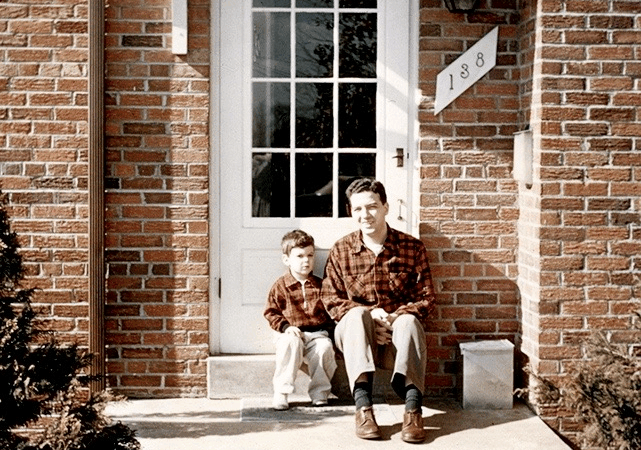Birmingham Council OKs Law To Allow Museum To Return Native American Art
The Birmingham Museum of Art will soon return several works of art to two Native American tribes that have requested them back. An ordinance passed Tuesday by the Birmingham City Council has cleared the way for the return of several items to the Tlingit and Haida tribes of Alaska.
The BMA “no longer [has] a moral, ethical or legal claim under federal law” to those works, Director Graham C. Boettcher told the council, referencing the Native American Graves Protection and Repatriation Act passed by Congress in 1990. That act requires institutions that receive federal funding to return Native American cultural items to their respective tribes.
The ordinance updates a city law originally enacted in 1983 — before NAGPRA — that “does not include specific language that permits us to return culturally sensitive works” to which the museum no longer has rightful claim.
The Tlingit and Haida tribes initially had requested the return of their items in 2017.
“We did all the due diligence working with tribal authorities as well as other experts in the field and determined them to be claims with merit,” Boettcher said.
The BMA lists several Tlingit items as part of its collection — including several spoons, baskets and bentwood boxes — almost all of which were purchased by the museum in 1956. The museum also lists three works by Haida artists, including two Freida Deising screenprints and a Reg Davidson totem pole, all of which were acquired by the museum in 1994.
Though this change in the city ordinance was precipitated by the Alaskan tribes’ claims, it also will prepare the museum for future claims, Boettcher said, “not only from Native American tribes but also looking at our global collections where something may not have entered the United States lawfully — from Asia, for example. So, we want to be able to operate ethically and in accordance with all laws.”
The ordinance passed Tuesday also updates the museum’s ability to deal with “abandoned property” — unreturnable borrowed items taking up space in museum storage.
“This is when someone has lent us something years ago, we’ve made every effort to return that work to the lawful owner, but we’ve been unsuccessful — despite extraordinary measures in some cases,” Boettcher said.
The updated ordinance will allow the museum to either add such abandoned property to its permanent collection or sell it, depending on its desirability for the museum.
Alabama GOP dismisses challenge to Tuberville candidacy
The Alabama Republican Party Candidate Committee dismissed the challenge filed by Ken McFeeters accusing Tuberville of not meeting the seven-year residency requirement to run for governor.
5 papers from the Super Bowl of Economics
Planet Money went to the annual meeting of the American Economics Association, and we saw some fascinating papers presented there.
I thought I’d heard my dad’s voice for the last time. A movie helped me find it again
A period drama, a Supreme Court case and voice our film critic hadn't heard in decades.
19 Winter Olympic storylines we’re watching (they’re not just about sports)
The Winter Olympics promise plenty of high adrenaline, fierce competition, historic firsts and emotional moments over 2 1/2 weeks. Here are some of the names and narratives to keep an eye on.
Privatizing Fannie Mae is risky. Would it be a win for taxpayers or Trump’s donors?
The idea has alarmed critics, who warn it could rattle financial markets and drive up mortgage rates, while potentially generating large profits for key Trump supporters.
Can’t wait for Olympic curling? Trying its Southern cousin: skillet curling
It might seem inelegant to yeet an iron skillet across an ice rink. But this spinoff sport has its own techniques and lingo: You can throw a turtle at the bacon, for instance.






